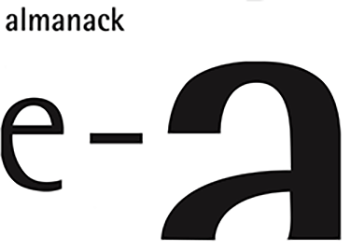Abstract:
Historiography that deals with public/private discussion has accustomed to analyze the pre-modern period from the logic of absence. This means that one begins with the supposed separation of public and private in modernity to affirm that in the previous period they “did not separate” or “did not distinguish”. The purpose of this text is to analyze the uses that were made of the concepts of private and particular, based on the political-juridical-theological theories of the Old Portuguese Regime in the XVII century, to propose an alternative interpretation to the dichotomous and antagonistic view of “public” and “private”. In this way, I try to suggest that “private” and “particular” were not understood as synonyms and that each played a specific role in the political language of the period. It is understood here that “public” was articulated with the concept of “particular”, and this relation was based on an idea of integration, not of opposition.
Keywords:
Private; particular; public; XVII century; Portugal

 Thumbnail
Thumbnail
 Fonte: CARDOSO, Jerónimo. Dictionarium latino lusitanicum et vice versa, 1562.
Fonte: CARDOSO, Jerónimo. Dictionarium latino lusitanicum et vice versa, 1562.